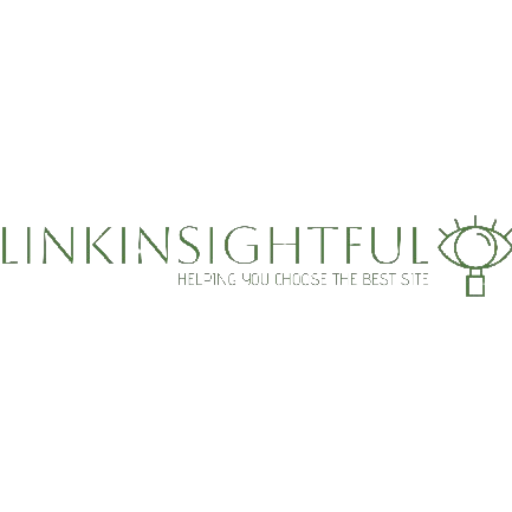In the enormous expanse of the internet, getting your work discovered might feel like looking for a needle in a haystack. Ranking higher on Google is critical for increasing visitors to your website; but, what if your budget does not allow for sponsored advertising? Fortunately, there are various efficient ways to improve your search engine position naturally. Here’s a detailed guide to ranking better on Google without spending a dollar.
1. Understanding SEO Basics
Before going into specific methods, it’s critical to grasp the foundations of Search Engine Optimization (SEO). SEO is the process of optimizing a website to make it more appealing to search engines such as Google. The goal is to rank higher in search engine result pages (SERPs) for relevant keywords. Here are some important elements of SEO:
- Keywords: Search terms used by visitors to find relevant content.
- On-page SEO refers to techniques used to boost a website’s ranking in search engine results pages.
- Off-page SEO refers to actions conducted outside your website to improve your standing in search engine results.
2. Optimize your content.

SEO relies heavily on content. Any successful SEO strategy is built on high-quality, relevant content that satisfies the needs of your audience.
- Conduct keyword research to identify relevant keywords your target audience is likely to use. Google’s Keyword Planner, Ubersuggest, and AnswerThePublic are all useful tools for finding popular search terms.
- Maintain high content quality by conducting thorough research and creating interesting material. Aim for a combination of evergreen material (that stays relevant over time) and timely pieces (that address current trends).
- Use your major keyword strategically, such as in the title, headings, and throughout the text. Avoid keyword stuffing. Natural inclusion is essential.
- Longer content (above 1000 words) performs better in search rankings.
3. Improve on-page SEO.
Optimizing components on your website can have a major influence on its search ranking.
- Create engaging and keyword-rich title tags and meta descriptions. These are frequently the first things consumers encounter on SERPs.
- Use H1, H2, and H3 tags to organize your information. This not only helps search engines comprehend your information but also makes it easier to read.
- Use clean, descriptive URLs with your major keyword.
- Link to related pages on your website to improve SEO and user engagement.
- Mobile Optimization: Google promotes mobile-first indexing, so make your website mobile-friendly.
- Boost off-page SEO.

Off-page SEO entails operations that enhance your website’s reputation and authority.
- Get high-quality backlinks from respected websites. This can be accomplished via guest blogging, forming collaborations, or providing shareable content.
- Promote your content on social media to boost visibility and traffic to your website.
- Participate in niche-related forums, blogs, and discussions to create relationships and establish authority.
5. Use Local SEO.
If your company has a physical location or serves a specific geographic area, local SEO can greatly improve your rankings.
- Create and enhance your Google My Business listing. Ensure that all information is accurate and up to date.
- Use location-specific keywords to increase local traffic.
- Optimize your local search presence by listing in directories and review sites.
- Keep up with SEO trends.

SEO is a constantly growing field. Keeping up with the newest trends and algorithm modifications is critical to maintaining and enhancing your rankings.
- Stay up-to-date on SEO trends by following reliable sites such as Moz, and Search Engine Journal.
- Enhance your SEO knowledge and abilities by taking online courses and attending webinars.
Conclusion
With the appropriate method, you may rank higher on Google without having to pay for ads. You may increase the visibility and organic traffic to your website by focusing on quality content, optimizing on-page and off-page aspects, improving user experience, using local SEO, and staying up to date on SEO trends. Remember that SEO is a marathon, not a sprint. Patience, tenacity, and ongoing learning are essential for long-term success. So pick up your sleeves, execute these techniques, and watch your website climb the Google rankings.





